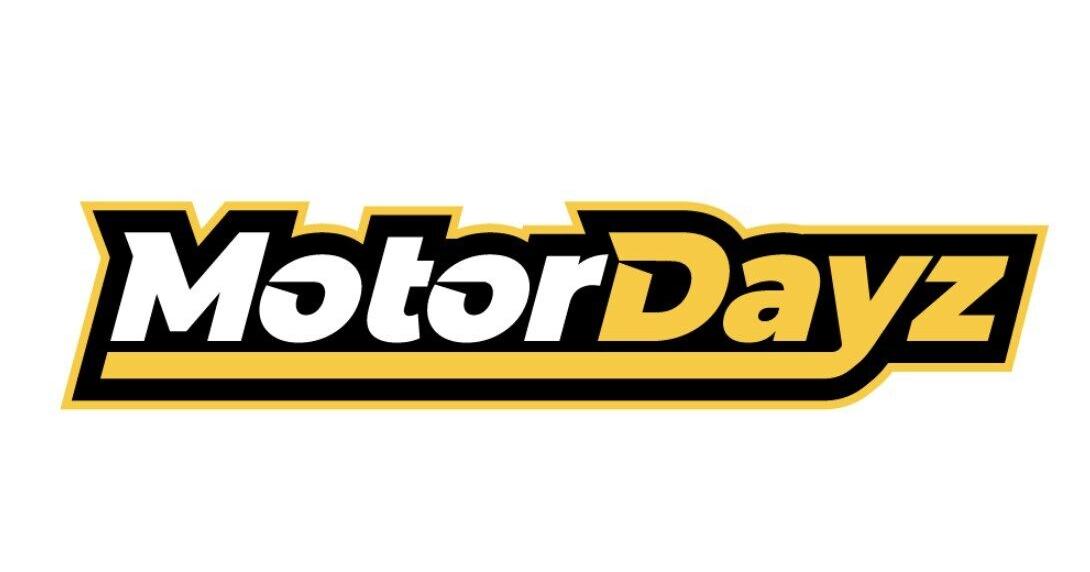Copyright forbes

After product-market fit, the first hires are probably the single most significant event for an early-stage startup. This article's a primer on how to handle them. When your startup moves past the idea stage and begins to take shape, your next biggest challenge isn’t product or funding - it’s people. Who you hire first will define the company’s DNA, its rhythm of execution, and even its culture of decision-making. Naturally, attracting and empowering that first wave of team members takes more than luck or charisma. It requires clarity about what roles actually matter, how to win over top performers, and how to help them thrive once they’re on board. 1. The Four Expertises Every Founding Team Needs As your team starts growing, it’s useful to think not just in terms of roles but in expertise areas — so you can ensure your early-stage team covers all the essentials, no matter how small it is. Domain expertise: As Stephen King famously wrote, “If you don’t have time to read, you don’t have the time (or the tools) to write.” The same applies to founders — if you’re not immersed in your industry, you don’t have the tools to innovate in it. A team lacking domain knowledge risks building solutions nobody needs. Make sure someone deeply understands the field, its pain points, and its real-world dynamics. Startup business development: There’s no need to reinvent the wheel. The modern startup ecosystem offers decades of accumulated lessons from thousands of successes and failures. Having someone who understands startup mechanics - from fundraising to growth frameworks - can save you years of painful trial and error. If you lack this experience, find a mentor or advisor who’s been through it. Marketing, sales, customer acquisition: Building is only half the equation - you also need to sell. A founder or team member with strong sales instincts can open doors, close early customers, and turn momentum into traction. Marketing, meanwhile, ensures you invest your limited resources wisely. Without experience here, startups often waste precious time and budget chasing low-ROI channels. Technical expertise: Even in non-tech ventures, technology underpins execution. You need at least one person capable of turning vision into working systems — whether that’s software, hardware, or a process stack. High-tech startups can’t survive without a great technical lead; low-tech projects can manage by outsourcing, but someone still needs to understand and oversee that process. If you can cover these four disciplines with your founding team, even if some wear multiple hats, you’re off to a strong start. 2. Attracting The Right People: Pay, Purpose, And Belonging Here’s the hard truth: top performers know their value. They’re rare, and they have options. You won’t win them over with promises of “startup vibes” or pizza Fridays. You can, however, compete on three other dimensions that matter deeply to driven people: MORE FOR YOU Offer smart compensation: If you’ve raised capital, don’t hesitate to allocate a meaningful portion to hiring. Overpaying early may look irrational on paper, but great work compounds faster than capital. If you haven’t raised yet, offer equity. Stock options don’t just conserve cash; they align incentives and make your best people think like owners. Offer purpose: as Steve Jobs once said to John Sculley, “Do you want to spend your life selling sugared water, or do you want to change the world?” People are increasingly leaving safe corporate jobs to find meaning. If your product genuinely aims to improve the world, make that part of your pitch. Offer Belonging: Startups have an advantage here - small teams mean visible impact. Your early hires should feel that their work directly moves the needle. Invite candidates into your workspace, let them meet the team, and show them how close their contributions are to the company’s success. 3. Keeping Your Core Team Engaged And Empowered Hiring top people is only half the battle - keeping them is where most founders fail. The early-stage grind can lead to burnout if not managed intentionally. Founders often confuse intensity with effectiveness. But the best hires aren’t valuable because they can work longer; they’re valuable because they make better decisions. Encourage your core team to protect their focus. Give them ownership of their domains. Instead of micromanaging, set clear goals and trust their process. Empowerment also means visibility: ensure they see how their efforts connect to real outcomes - customer growth, investor milestones, or product breakthroughs. People stay engaged when they feel progress, not when they’re merely busy. 4. Be The Kind Of Founder Great People Want To Follow You can’t expect A-players to join or stay if they don’t believe in you. That doesn’t mean you have to be the smartest person in the room, but you do have to demonstrate clarity, consistency, and competence. Show that you’re building something worth betting on. Be transparent about both the upside and the risks. And perhaps most importantly, lead by example in the very qualities you seek - curiosity, accountability, and resilience. The first wave of hires isn’t just your team. They’re your multiplier effect. Choose them with care, invest in their growth, and trust them enough to build a company even you couldn’t have built alone. Editorial StandardsReprints & Permissions



